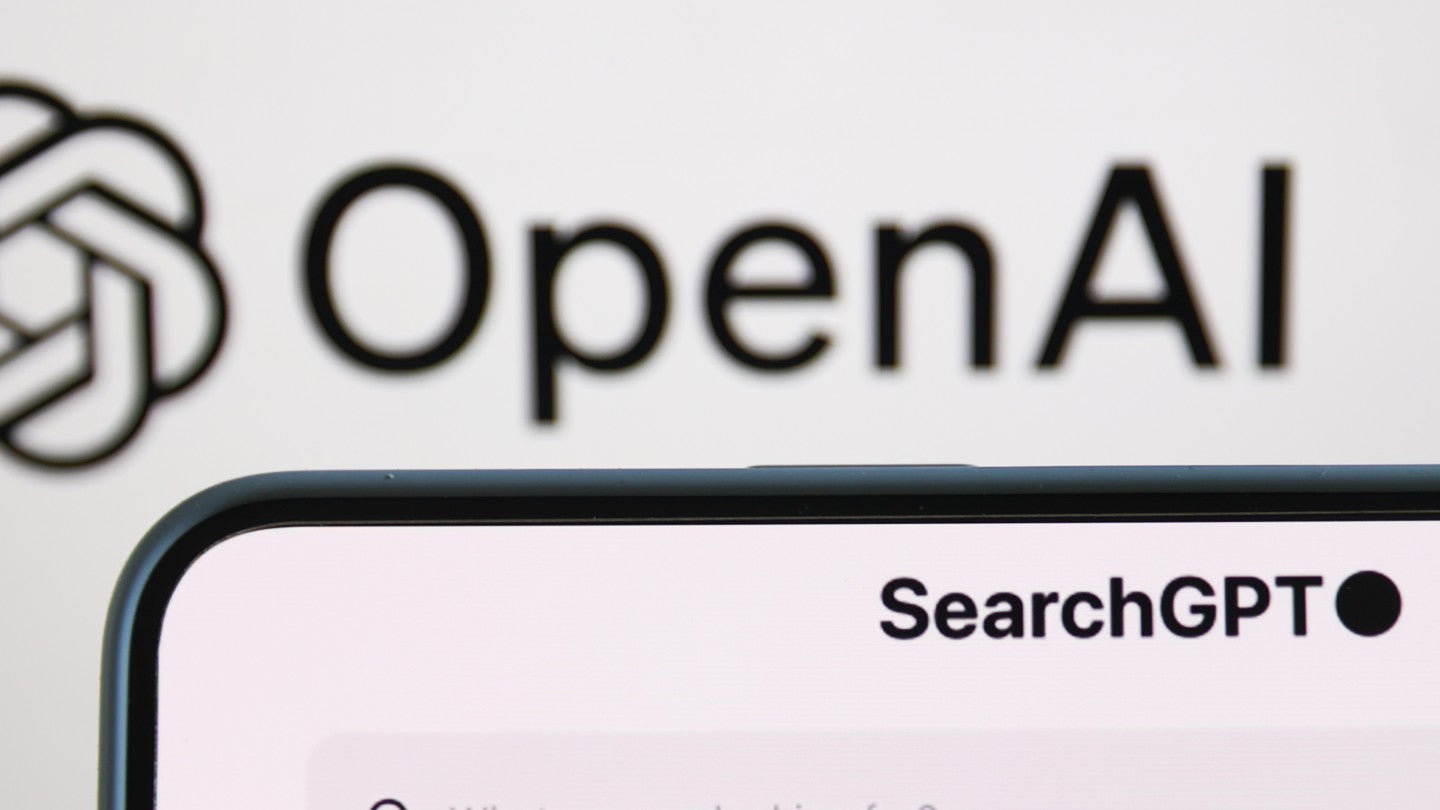
OpenAI has announced a new partnership with media publisher Condé Nast.
The partnership will see OpenAI’s ChatGPT and SearchGPT displaying content from titles such as Vogue, The New Yorker, Condé Nast Traveler, GQ, Architectural Digest, Wired, Bon Appetit and more.

Access deeper industry intelligence
Experience unmatched clarity with a single platform that combines unique data, AI, and human expertise.
According to OpenAI, the collaboration with Condé Nast will collect feedback on its SearchGPT prototype which combines conversational models with information from the internet to give quick answers with relevant sources.
SearchGPT will offer direct links to news stories, to allow users to access the source of the answer directly, enhancing the overall user experience.
Brad Lightcap, OpenAI’s COO commented: “We’re committed to working with Condé Nast and other news publishers to ensure that as AI plays a larger role in news discovery and delivery, it maintains accuracy, integrity, and respect for quality reporting.”
OpenAI partnerships in the media industry
OpenAI has been increasingly partnering with notable publications and media conglomerates since March 2024. The current list includes Associated Press, Axel Springer, The Atlantic, Dotdash Meredith, Financial Times, LeMonde, NewsCorp, Prisa Media, TIME, Vox Media and others.

US Tariffs are shifting - will you react or anticipate?
Don’t let policy changes catch you off guard. Stay proactive with real-time data and expert analysis.
By GlobalDataAccording to Open AI, these media partnerships are assisting the generative AI giant in its “mission to integrate journalism more deeply with AI services”.
“The Condé Nast deal further cements the principle that generative AI companies should pay for the content which fuels their models and helps them generate answers,” Dominic Ponsford, editor-in-chief of Press Gazette told Verdict.
Ponsford explained that OpenAI’s flurry of deals with media companies contrasts with the actions of other tech companies such as Google which are already providing AI-generated summaries for readers without any payment to the news sources generating the content.
“For supporters of journalism, it is encouraging that tech platforms like OpenAI are working with publishers and this suggests they realise how important professionally produced content is to the success of their models,” said Ponsford.
Ian Silvera, editor of Tech, Power and Media told Verdict that currently the media sector is split into two camps, “those who wish to sign licensing deals with LLM providers and those who want to keep their data in-house”.
Silvera noted that while Condé Nast is just the most recent in signing deals with OpenAI, publications such as the New York Times are pursuing legal action against the business.
“It’s really impossible to know whether those who are dealing with OpenAI like Condé Nast have made the right bet versus those who are suing and robustly defending their copyright like the New York Times and Mumsnet,” added Ponsford.
“It’s ultimately a strategic quandary news media leaders face,” Silvera continued, “do you generate additional revenues by licensing the data, will this harm or impact your core editorial products and if you don’t want to licence, should your own company explore proprietary LLM technologies, which comes with considerable capital expenditure costs?”








